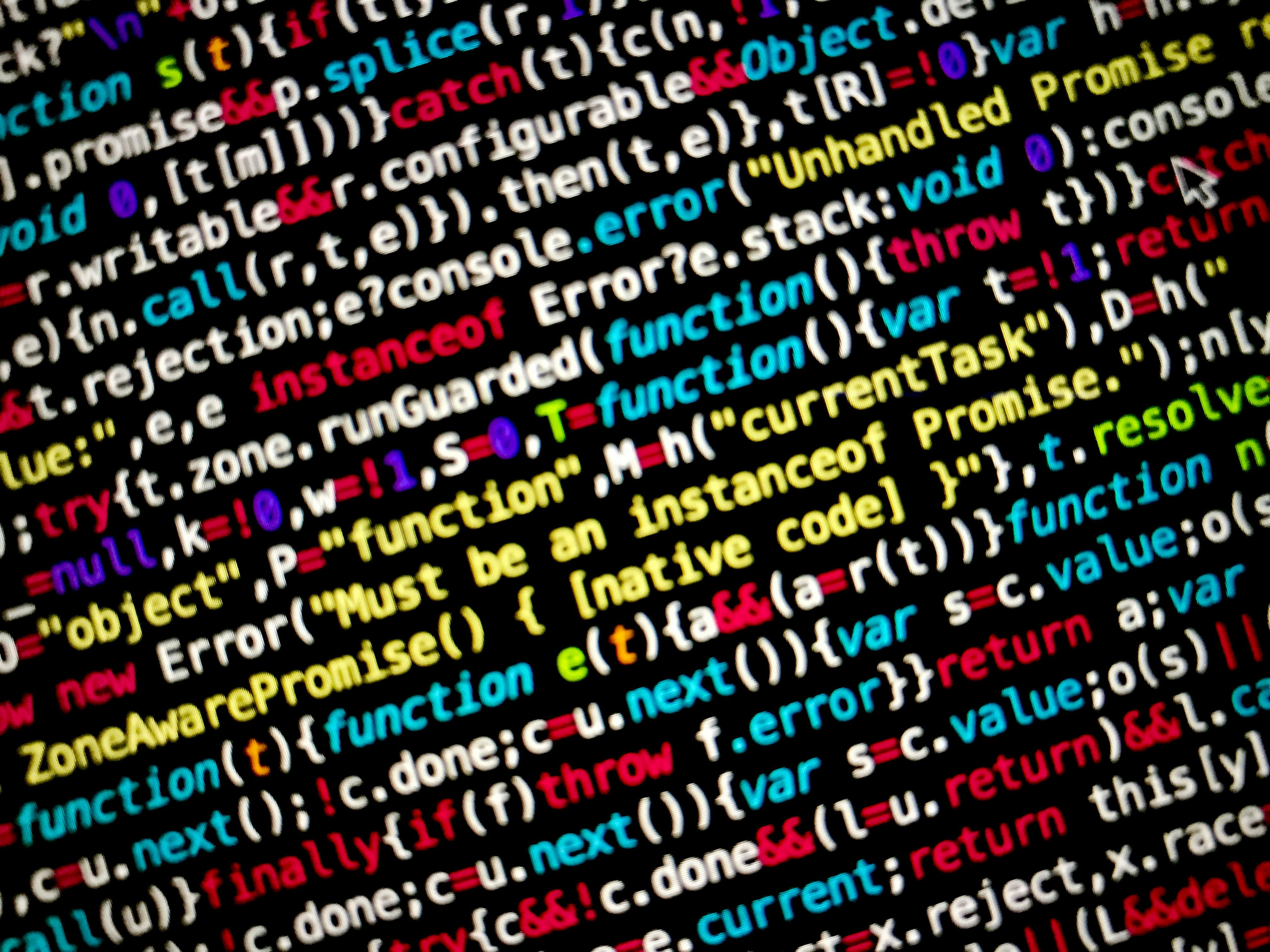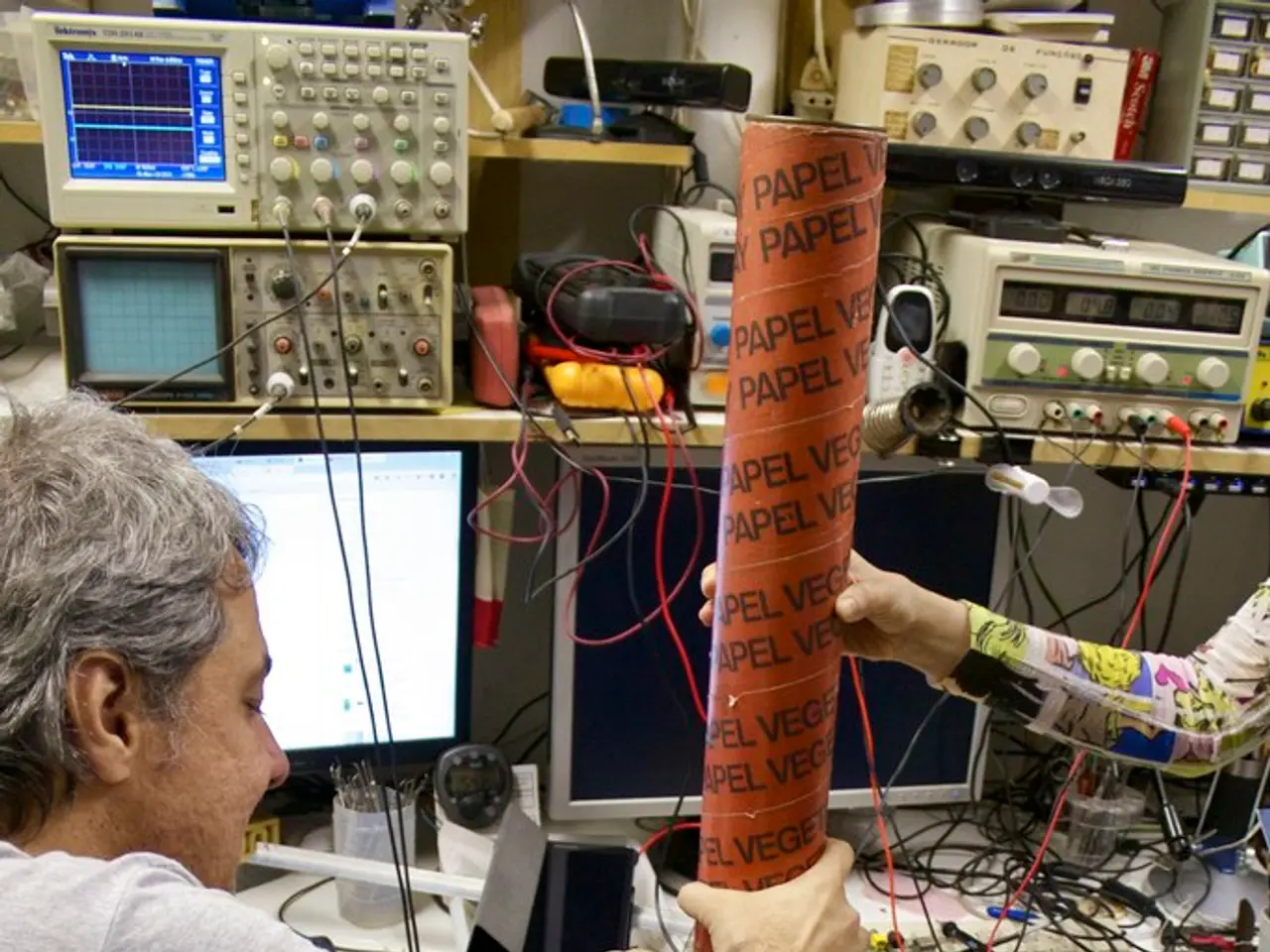Scholars' Duties in Maintaining Academic and Research Ethics Amidst the Artificial Intelligence Shift
Achieving academic and research integrity in the era of artificial intelligence: Perspectives and solutions
Artificial intelligence (AI) is revolutionizing various sectors, including academia, with numerous benefits such as efficiency and accuracy. However, its increasing use introduces ethical challenges that demand careful consideration. Dr. Faheem Ullah, an assistant professor and Cyber Security Program Director at the University of Adelaide, sheds light on these challenges and offers solutions to uphold academic integrity in research.
AI-driven tools can potentially manipulate data, generate plagiarized content, bias research findings, or obscure methodological transparency. These pitfalls necessitate stringent measures to ensure academic integrity. Dr. Ullah highlights the importance of clear standards, regulations, and ethics guidelines for researchers and academic institutions in tackling these issues.
One of the critical challenges is addressing data manipulation and ensuring originality in content. AI generators can fabricate or alter data, potentially leading to misleading research outcomes. To mitigate this, researchers should adopt strict data verification processes, uphold proper citations, and maintain transparency in collaborative environments.
AI can also contribute to an uncontrolled learning and training process for young researchers. To avoid oversight, researchers should carefully monitor and guide the use of these tools. They should also advocate for training programs and workshops to educate students and researchers about AI's ethical usage.
Another point of concern is the reduction in research transparency. The reliance on AI for data analysis and interpretation may obscure underlying methodologies, which is detrimental to open science and reproducibility. To combat this, researchers should diligently document AI tools and methodologies used, thus facilitating other scholars' understanding and critique of their work.
Finally, researchers must remain vigilant regarding bias, fairness, and transparency when using AI. Bias in data collection, analysis, interpretation, or review can systematically deviate from the truth, compromising the integrity of research. Researchers must adhere to ethical guidelines when using AI, such as respecting privacy, ensuring security, and maintaining the dignity of all individuals and groups affected by the research.
In conclusion, integrating AI into academia can foster innovation while safeguarding the principles of academic integrity. By following ethical practices, adopting transparent methodologies, and continuously educating and advocating for responsible AI usage, researchers can maintain trust in the academic community and contribute positively to the body of knowledge.
References are available upon request.
About the Author:
Dr. Faheem Ullah, an Assistant Professor and Cyber Security Program Director at the University of Adelaide in Australia, has a wide range of expertise in AI tools for research. He has a PhD and Postdoc in computer science focusing on AI from the University of Adelaide and is a highly accomplished academic and Big Data Lead at CREST (Center for Research on Engineering Software Technologies). Dedicated to advancing knowledge and fostering innovation in computer science and cybersecurity, Dr. Faheem regularly conducts webinars and gives talks on AI in research. He is also active on platforms like LinkedIn and Twitter, engaging over 135K+ followers.
Throughout his career, Dr. Faheem has received numerous accolades, including two Gold Medals, one Silver Medal, and six academic distinctions. His research interests include AI, cybersecurity, big data analytics, software engineering, and more. He is currently working on projects related to Big Data Analytics for Climate Change Analysis, Data Exfiltration, and Cybersecurity Skills. He has published his research in top-notch journals and conferences and has supervised over 40 undergraduate and master's/PhD students.
The platform, a comprehensive AI writing toolkit, can help Streamline the academic writing process. It leverages 21+ years of STM (scientific, technical, and medical) experience and insights from millions of research articles to provide in-depth academic writing, language editing, and submission readiness support. This tool enables students and researchers to write better and faster, with accurate academic translations, rewriting support, grammar checks, vocabulary suggestions, and generative AI assistance that delivers human precision at machine speed. To access the platform, visitors can sign up for a free account, or upgrade to the Prime plan, starting at US$19 a month, to access premium features such as consistency, plagiarism, and 30+ submission readiness checks to aid their academic journey.
- AI-driven tools can be utilized for academic translation and language editing, providing researchers support in achieving submission readiness.
- The rise of online education and learning platforms, combined with AI technology, can empower students and researchers with writing resources and guidance for academic writing.
- Education and self-development in the context of AI requires understanding the ethical implications of using AI in research, particularly regarding academic integrity and maintaining transparency.
- The future of research papers will involve utilizing AI for data analysis and interpretation, but it is crucial that researchers remain aware of the importance of academic integrity and carefully document the AI tools and methodologies used.
- Technology advances, such as AI, are revolutionizing academia and research, yet they also introduce ethical challenges that must be addressed to uphold academic integrity and ensure the validity of research.
- In an era where artificial intelligence (AI) is transforming academia, it is essential to advocate for responsible AI usage, promoting clear standards, regulations, and ethics guidelines for researchers and academic institutions, thereby fostering academic writing excellence and maintaining the integrity of research.




